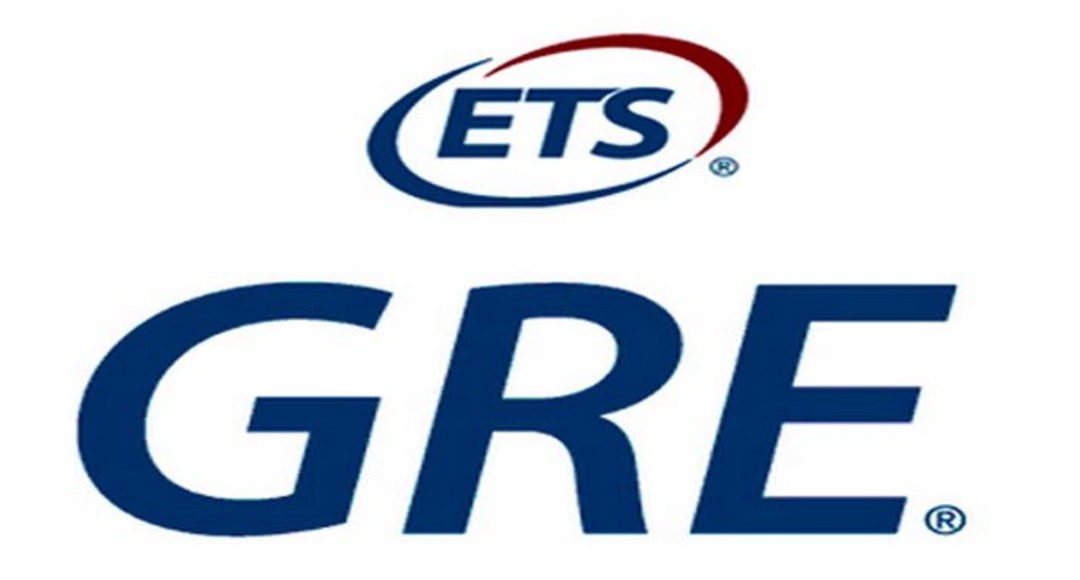Enquire Form
- Phone : +91-9111 211 211
- Email : info@vancityglobal.com

GRE (Graduate Record Examination)
Welcome to our comprehensive guide on the Graduate Record Examination (GRE), a vital step for many aspiring graduate students. This blog will explore everything you need about the GRE exam, from its definition and purpose to the scoring system and associated costs.
The GRE is a standardized test graduate schools and business programs use to evaluate applicants' readiness for advanced academic studies. It assesses various skills, including verbal reasoning, quantitative reasoning, critical thinking, and analytical writing.
Understanding the ins and outs of the GRE exam is essential for anyone considering furthering their education through graduate studies. So, whether you're a prospective grad student eager to excel in the exam or simply curious about this crucial assessment, join us as we delve into the world of the GRE - its definition, scoring mechanisms, and associated expenses. Let's embark on this journey to uncover all you need about the Graduate Record Examination!
What Is the Graduate Record Examination (GRE)?
The full form of the GRE is Graduate Record Examination, which is a standardized test designed to assess an individual's ability in analytical writing, mathematics, and vocabulary, emphasizing abstract thinking. Widely used by numerous United States and Canadian graduate schools, the GRE is a crucial tool to evaluate an applicant's eligibility for various academic programs.
In the modern era, the GRE is predominantly administered through computer-based testing, offering a convenient and efficient way for candidates to take the exam. However, in certain regions with limited computer networks, a paper-based test version may still be available to accommodate all aspiring test-takers.
Understanding the Graduate Record Examination (GRE)
The GRE comprises three main sections to assess quantitative and verbal reasoning and critical writing skills. The verbal reasoning section evaluates the individual's capability to conclude, discern significant points, comprehend words and sentences, and analyze written material effectively. It focuses on the test taker's capacity to analyze and evaluate the content presented in the material, as well as their ability to process information and identify relationships between sentence components.
In the quantitative segment, the test taker's problem-solving skills are tested using geometry, data analysis, and algebra concepts. Candidates must employ mathematical principles to solve problems and interpret and analyze quantitative data. Lastly, the final section measures the test taker's aptitude for critical thinking and analytical writing, particularly assessing their proficiency in expressing intricate ideas and providing compelling support for those concepts.
History of the Graduate Record Examination (GRE)
The Carnegie Foundation for the Advancement of Teaching and a Consortium of four universities introduced The GRE in 1936. In 1938, the University of Wisconsin became the first public university to mandate students to take the GRE. The Educational Testing Service (ETS) was formed in 1947 and currently administers GRE testing.
Initially, the GRE examination encompassed solely verbal and quantitative sections. An analytics and logic segment was later incorporated, but after 2002, it was substituted with the analytical writing assessment.
In 2007, new questions and math section fill-in-the-blank style queries were integrated, while 2008 saw stylistic changes in reading comprehension questions. The most substantial alterations occurred in 2011, introducing the current 130-170 scoring scale, discarding specific question types, and implementing computer adaptive testing adaptations based on sections rather than individual questions.
Although widely used, some universities have started eliminating GRE prerequisites, citing criticism that the test is unjust and biased and further asserting that it inadequately predicts graduate student achievement and future academic employability.
How the Graduate Record Examination Is Scored
The current scoring range for the verbal and quantitative sections is 130-170, marked with single-point increments. In the analytical writing section, scoring ranges from 0 to 6, with half-point increments.
The ETS has furnished the average scores for each GRE section, encompassing all test takers spanning July 1, 2017, to June 30, 2021, as outlined below:
Verbal Reasoning: 150.61
Quantitative Reasoning: 154.34
Analytical Writing: 3.60
How University Admissions Use the Graduate Record Examination (GRE)
Widely adopted by graduate and business schools, the GRE General Test is a widespread tool for evaluating candidates. Certain institutions might demand that applicants complete GRE Subject Tests to gauge their expertise in specific academic domains. These specialized fields could encompass physics, psychology, biology, English literature, and chemistry.
It's important to acknowledge that the emphasis on GRE Subject Test areas can evolve. These tests might be introduced or phased out for subjects like computer science and biochemistry, yet scores from previously taken tests remain valid for reporting.
Business School Admissions
While attempting the GMAT is often favoured by most business schools as a prerequisite for MBA program applications, an increasing number of these institutions also acknowledge GRE scores as an acceptable alternative.
In contrast to the GMAT, which emphasises mathematical acumen, the GRE evaluates a test taker's vocabulary skills. Nonetheless, numerous prestigious business schools, including those ranking among the top in the U.S., now consider the GRE a valid admission test for their MBA programs.
For a more comprehensive understanding of typical GRE scores, here are the average exam scores 2019 for the leading ten business schools in the United States.
| Ranking | Business School | Average GRE Verbal | Average GRE Quant |
| 1 | Stanford University | 165 | 164 |
| 2 | University of Chicago (Booth) | 161 | 163 |
| 3 | University of Pennsylvania (Wharton) | 161 | 161 |
| 4 | Harvard Business School | 163 | 163 |
| 5 | Northwestern University (Kellogg) | 163 | 163 |
| 6 | MIT (Sloan) | n/a | n/a |
| 7 | Columbia University | n/a | n/a |
| 8 | University of California at Berkeley (Haas) | 161 | 161 |
| 9 | Dartmouth University (Tuck) | 161 | 159 |
| 10 | Yale University | 164 | 164 |
How to Take the Graduate Record Examination and its Cost
Individuals preparing to undertake the GRE generally arrange to sit for the exam at a designated test centre. The allocated time for completing the test exceeds three hours, interspersed with planned breaks between distinct testing sections.
While there's no imposed cap on the number of times the exam can be taken, there must be a 21-day interval between consecutive test attempts. Moreover, the exam is restricted to five attempts within a calendar year.
To enhance their scores and bolster their prospects of acceptance into preferred graduate schools, a test taker might opt for multiple exam attempts. Unlike other standardized tests reported without applicant input, students taking the test can select which scores to send to their intended graduate institutions.
In the U.S., the examination fee stands at $205. This cost remains consistent for many countries worldwide, though there are exceptions—China and India, for example, have respective exam fees of $231.30 and $213.
Take Away
The GRE, or Graduate Record Examination, is a pivotal step for aspiring graduate students. This guide has comprehensively explored the GRE exam, from its definition and purpose to scoring and associated costs. The GRE is vital in assessing candidates' readiness for advanced academic studies. It evaluates various skills encompassing verbal reasoning, quantitative reasoning, critical thinking, and analytical writing.
Understanding the intricacies of the GRE exam is crucial for those considering furthering their education through graduate studies. Whether you're an aspiring grad student striving for excellence in the exam or intrigued by this significant assessment, this journey through the GRE world has unveiled its definition, scoring mechanisms, and financial aspects. Embark on your path to unlocking everything about the Graduate Record Examination. And for those looking to explore opportunities in Canada and beyond, remember to connect with Vancity Global Immigration, your trusted partner in immigration success.





